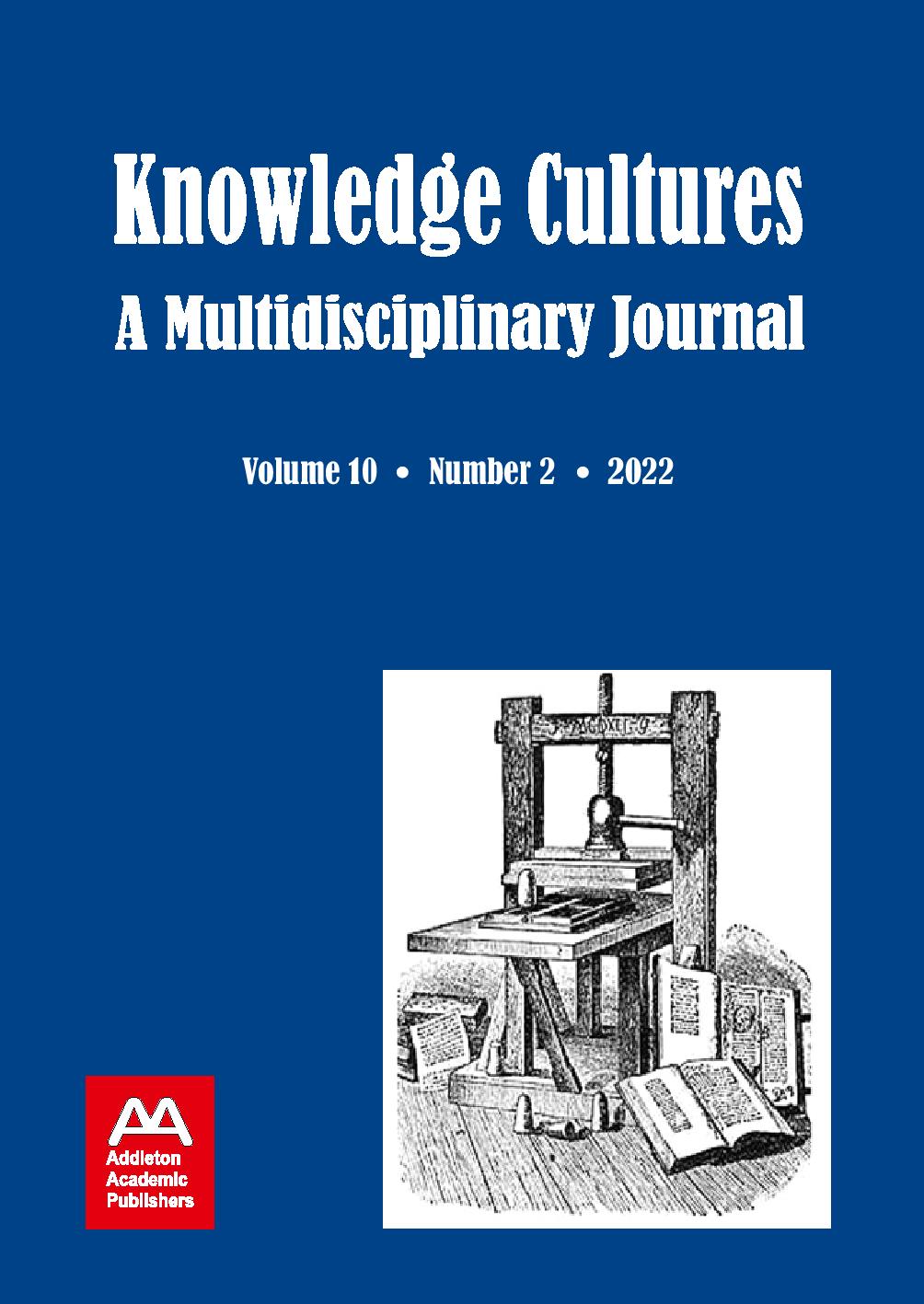Learning to Be, Differently? UNESCO, The Faure Report, and Mutual Appreciation in Retrospect and Prospect
Learning to Be, Differently? UNESCO, The Faure Report, and Mutual Appreciation in Retrospect and Prospect
Author(s): Jeremy Rappleye, Hikaru KomatsuSubject(s): Culture and social structure , Sociology of Education
Published by: Addleton Academic Publishers
Keywords: UNESCO; knowledge; education; culture; development; decolonial;
Summary/Abstract: The Faure Report (1972), which celebrates its 50th anniversary this year, is once again being celebrated for renewing the call for humanistic, progressive, and democratic approaches to education globally. At the time of its publication at the outset of the second Development Decade, the report helped to reassert UNESCO’s authority as the lead agency for education in the face of World Bank encroachment and the rise of technocratic approaches. Today, Biesta (2021), among others, has offered the Faure Report as an emancipatory resource in the face of the OECD’s assertive economic agenda for education. Unfortunately, when the Faure Report is re-contextualized within what was occurring geopolitically and within UNESCO at that time, it appears to be a woefully parochial, even highly counterproductive attempt. By empirically neglecting half the world, ignoring decolonial demands put forth at Bandung, and omitting UNESCO’s own Major Project on Mutual Appreciation of Eastern and Western Cultural Values (1957–1966), the Faure Report functioned to ensure UNESCO would remain a channel for evangelizing Western Enlightenment Man, rather than a place for non-hierarchical dialogue and mutual learning. Given the explicit ambitions of the Report to link education and existential contemplation – ‘Learning to Be’ – our critique not only shows how parochially ensconced the Report was but suggests generative alternatives that did – and still do – exist today.
Journal: Knowledge Cultures
- Issue Year: 10/2022
- Issue No: 2
- Page Range: 7-23
- Page Count: 17
- Language: English
- Content File-PDF

